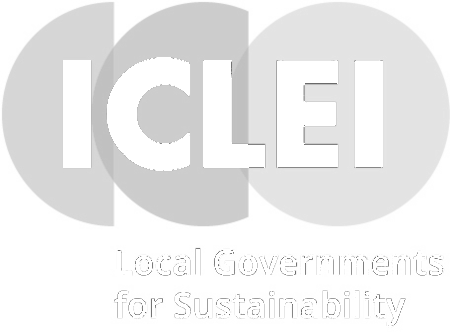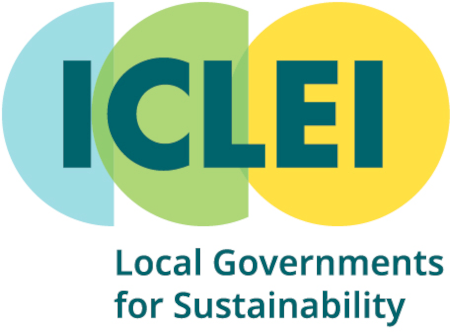03 August 2024
U7 discussion paper on how to achieve a climate-resilient, people- centred and nature-positive future through multilevel cooperation

Local and regional governments of regions, cities and towns of all sizes have a significant role to play in implementing the G7’s objective of transforming economic and social systems towards net-zero, circular, climate-resilient, pollution-free, and nature-positive economies. The urban space is where all policy objectives and measures come together for implementation. This requires a cross-sectoral approach favouring place-based, democratic solutions that are integrating all local societal actors. Adopting the urban perspective and actively involving local governments in their consultations hence provides a unique opportunity for the G7 to attain their objectives, provide positive feedback loops between levels of government and to spur implementation while strengthening democracy.
In this crucial year when half of the world population goes to the polls, the role of local governments becomes ever more important as the democratic governance level closest to citizens that can uphold and implement the G7's climate, energy, and environmental ambitions in an inclusive way. While G7 presidencies have increasingly recognised the importance of subnational and local governments in a rapidly urbanising world. Building on the 2024 Meetings of G7 Transport and the G7 Climate, Energy and Environment Ministers, as well as the G7 Leaders’ Summit, this U7 discussion paper looks into meeting outcomes and proposes avenues for future multilevel cooperation in the G7 in anticipation of the G7 Ministerial meetings on Culture (Napoli, 19-21 September) and Urban Development (Genova, 3-5 November 2024).
Read the full paper here.





